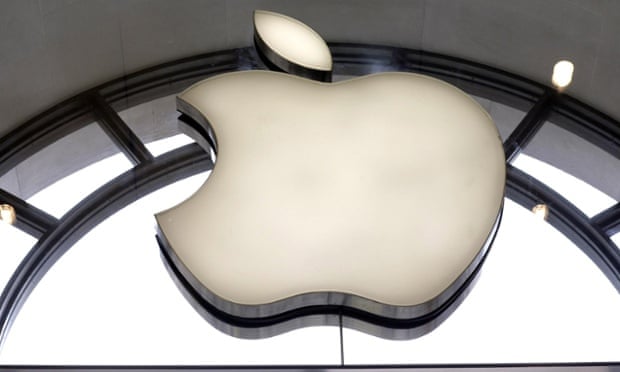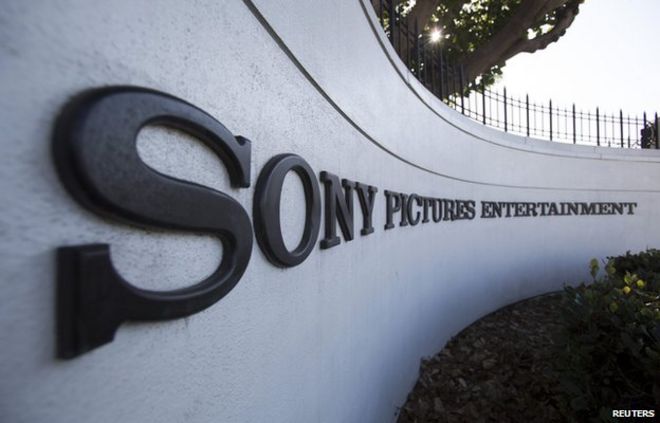
The Russian economy contracted by 0.5% in November, the first fall in national output - Gross Domestic Product - since October 2009, official figures show.
The Russian government expects a 0.8% decline in GDP next year, compared with 0.6% GDP growth in 2014 as a whole.
The rouble fell to a rate of 57 to the dollar on Monday, a fall of more than 6%, after some gains last week.
Russia's economy, heavily reliant on energy exports, has been hit by the oil price slump and Western sanctions.
The sanctions, imposed because of Russian support for separatists in eastern Ukraine, target the oil and gas industries as well as banks, arms manufacturers and the wealthy elite close to President Vladimir Putin.
Russia blocked most imported Western food in retaliation for the measures.
The rouble has lost half its value against the dollar this year.
The Russian ministry for economic development said the manufacturing, construction, agriculture and service sectors all contracted in November. Energy, mining and the retail trade showed continued growth.
Insurance for banks
President Putin signed a law on Monday doubling the deposit guarantee for bank accounts, to 1.4m roubles (£16,290; $25,370).
The last time Russia suffered a major economic crisis, in 1998, many ordinary Russians saw their bank savings wiped out.
Mr Putin has also given the Russian central bank the power to recapitalise the country's biggest retail bank, Sberbank, directly with soft loans. The total must not exceed Sberbank's capital as measured on 1 January 2015.
The "subordinated debt" issued by the central bank, if Sberbank needs it, will not have to be repaid until other loans have been paid off. It is a cushion in case Sberbank gets into financial difficulty.
Other banks can be recapitalised by the central bank through Russia's deposit guarantee agency, using federal government bonds.








.jpg)









